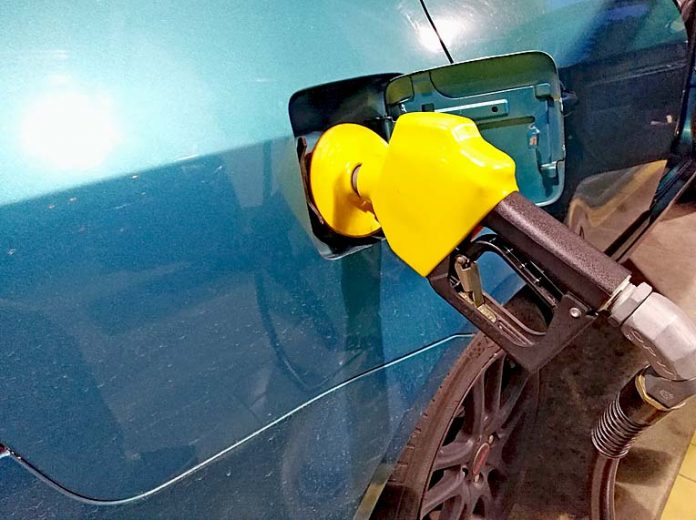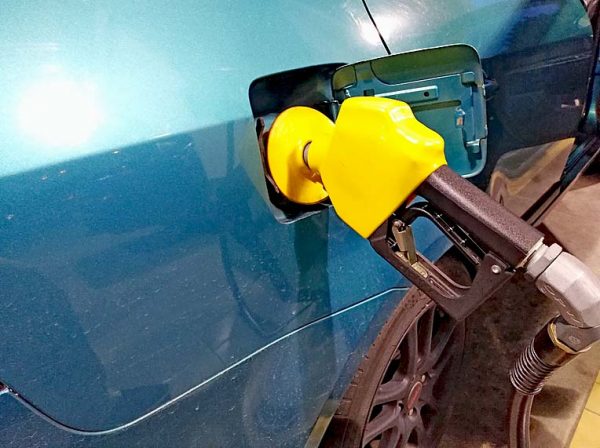

MORE than two thirds of motorists are driving less often or taking shorter trips to cope with high petrol prices, according to a new Royal Automobile Association of South Australia (RAA) survey.
The survey found one-in-ten motorists are filling up jerry cans to save money when fuel prices are at the low point of the price cycle.
RAA’s survey into the effect of rising fuel costs on the lifestyle and mobility of South Australians also showed car buying decisions were largely affected by vehicles’ fuel efficiency.
RAA motoring cost expert Mark Borlace said typical households with a couple of cars would find “fuel was likely to be the largest energy bill in their annual budget”.
“It’s no surprise that many people are taking steps to reduce these fuel costs, especially when prices can jump up to 30pc within days,” he said.
“The survey shows the effect of high fuel prices is wider than the hip-pocket – people are changing their lifestyles and the way they’re using transport.”
RAA’s survey was held last month when pump prices averaged $1.40 a litre, compared to less than $1.20 a litre two years ago.
Petrol prices have also fluctuated significantly in the past few months, rising above $1.60 a litre as recently as November.
“It can be a false economy because if you do not service your vehicle you may miss a problem that could go from a small bill to a big bill down the track,” Mr Borlace said.
The survey also revealed that fuel prices were affecting future vehicle purchases, with 46.7pc of respondents saying they would be looking to buy the most fuel efficient car.
Another 23.4pc said they would consider a hybrid vehicle while 16.8pc would look at an electric car.
Only 15.1pc said fuel prices would not affect their decision.







